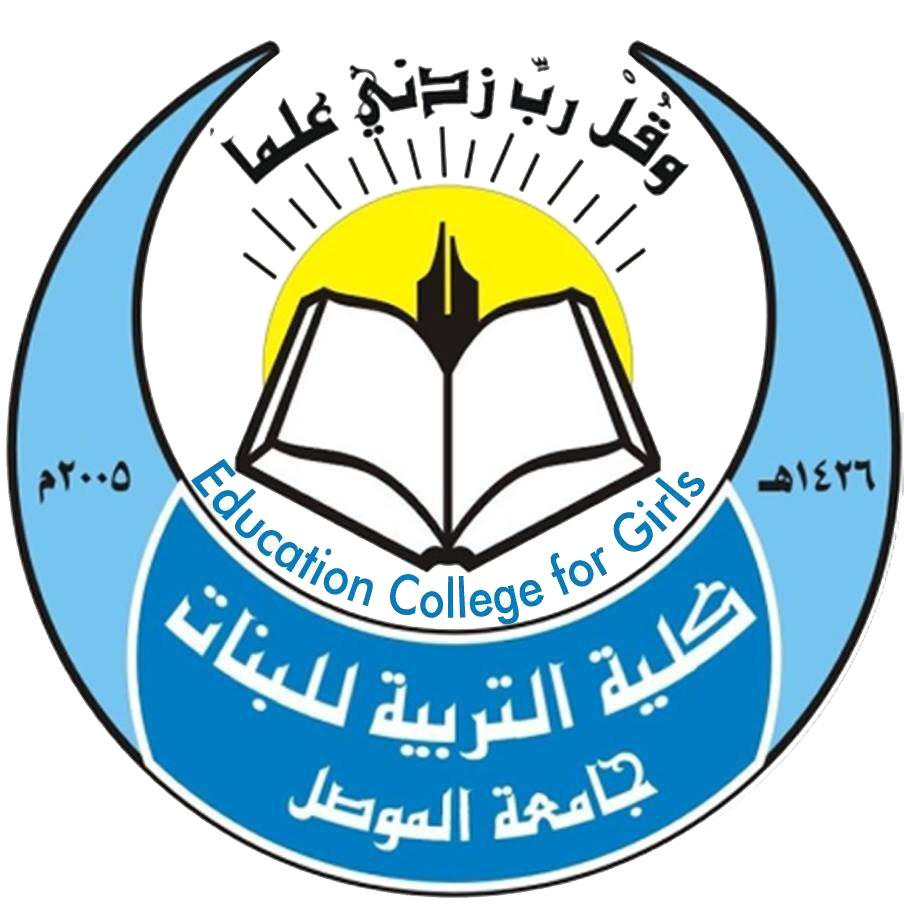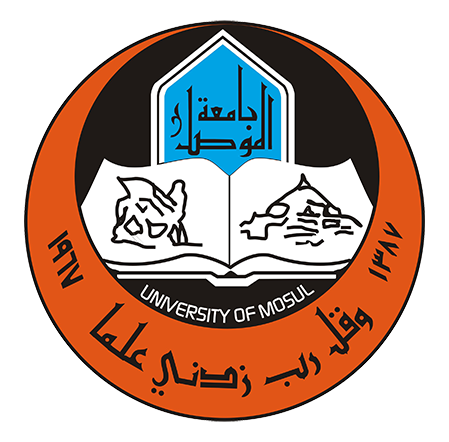About of College of Education for Girls
The college offers a range of academic programs and degrees specifically tailored for women interested in pursuing careers in education. It is established in 2005 and consists of five academic departments: Arabic Language, Quran Sciences and Islamic Education Department, Physical Education, Chemistry, and Biology. The duration of study in the college is four years. It is an educational institution specifically dedicated to providing education and training for women pursuing careers in the field of education. It focuses on preparing women to become educators, administrators, researchers, counselors, and professionals in various educational roles. Here are some key aspects of a College of Education for Girls:
The college aims to prepare professional educators who contribute to building a knowledgeable society capable of competition. This is achieved by enhancing the college’s programs and its various units to establish a learning society based on a high level of effectiveness. The college also responds to the diverse needs of the community, educational field challenges, and comprehensive development challenges by offering educational reform initiatives and optimal utilization of knowledge, research, and technology, in line with the values and needs of the society and in accordance with academic accreditation standards. Here are some key aspects of the College of Education for Girls:
Gender-Specific Environment: As the name suggests, the College of Education for Girls primarily caters to female students. It aims to provide a supportive and empowering environment specifically designed to address the unique needs and challenges faced by women pursuing careers in education. The college may foster an inclusive and collaborative learning environment that promotes gender equality and women’s leadership in the education sector.
Professional Development: The college may offer various professional development programs and workshops to enhance the skills and knowledge of future educators. These programs can include teacher training, pedagogical techniques, classroom management, educational technology, assessment strategies, and other relevant areas. The college may also facilitate practical teaching experiences, internships, or student teaching placements to provide hands-on training.
Research and Innovation: The college emphasizes research and innovation in education. They may encourage faculty and students to engage in research projects, scholarly publications, and conferences to contribute to the advancement of educational theory and practice. The college may have research centers, labs, or initiatives focused on addressing educational challenges and improving teaching and learning outcomes.
Community Engagement: The college may actively engage with the local community, schools, and educational institutions to promote educational initiatives and partnerships. This involvement can include collaborations with schools for field experiences, outreach programs, mentoring initiatives, and community-based projects that benefit students and the wider community.


